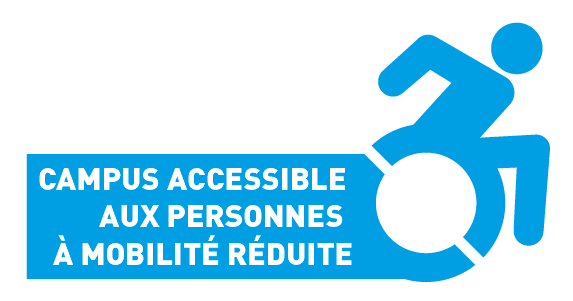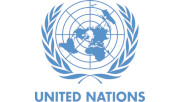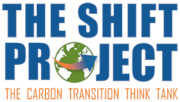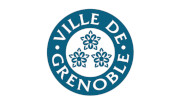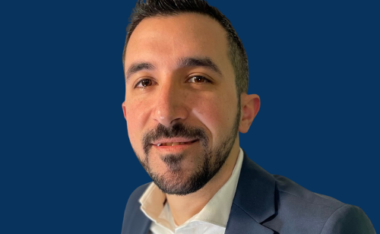In few words
Training professionals from different fields mainly associated with design and strategic management; developing means of action to transform organisations; adopting a prospective approach and taking into account ecological disruptions in the Anthropocene Era. This programme responds to a strong societal demand from organisations, as well as the academic world, from both students and scholars alike.
Today’s reference to sustainable development as a response to environmental « crisis » no longer allows us to grasp the deep transformations witnessed by the Earth’s entry into a new geological and climatic epoch: the Anthropocene. This term refers to a new geological period dating back to the Industrial Revolution marked by the impact of human activities. Well beyond the design of a new product, a new service, or a new business model, design today needs to tackle the issue of a strategic anticipation that is impacting all socio-economic activities. It is precisely to address this imperative and the growing demand from students who are increasingly concerned about these challenges that Clermont School of Business and Strate Ecole de Design are offering this new programme which is the first of its kind in the world.
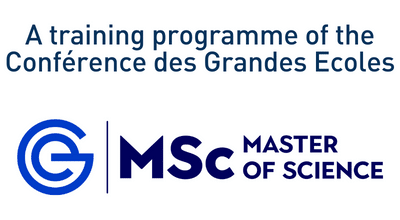
Value proposition
- Addressing the Anthropocene through the prism of design, integrating the strategy of the humanities and the strategy of organisations.
- In-depth reframing of issues historically associated with sustainable development and corporate social responsibility.
- Taking into account the contributions of environmental, climate, and engineering sciences, especially for decision-making and organisational transformation.
Targeted skills & Competencies:
MSc – Master of Science students will acquire new technical and operational skills to initiate transition policies within organisations that wish to implement change by making proactive, rapid and effective ecological redirections. They will also be trained in the processes, methods and techniques that will enable them to design desirable futures within ecological, climatic, legal, social and political constraints. They will learn how to set up new forms of investigation to address unusual critical situations: accelerated changes in an ecosystem, collapse of a resource or living environment, situations of scarcity, humanitarian and social crisis, strategic crisis, forward-looking strategies, etc.





